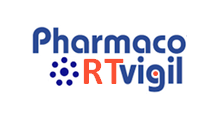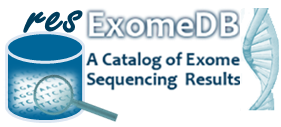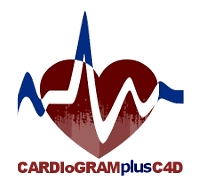Seraya Maouche
Translational Bioinformatics & Omics Big Data
-
About Me
-
News & Agenda
-
Events
-
Press & Interviews
-
External Links
-
Resources
-
My publications
-
My R Code & Tutorials
-
Research
-
Projects
-
Scientific Entrepreneurship
-
Awards
-
Professional Memberships
-
My skils
-
Education
-
Professional Experience
-
Teaching & Supervision
-
Contact & Meet Me
-
Gallery
-
My Professional Blog
-
My Blog for Entrepreneurship
-
My Personal Blog
-
Download CV












